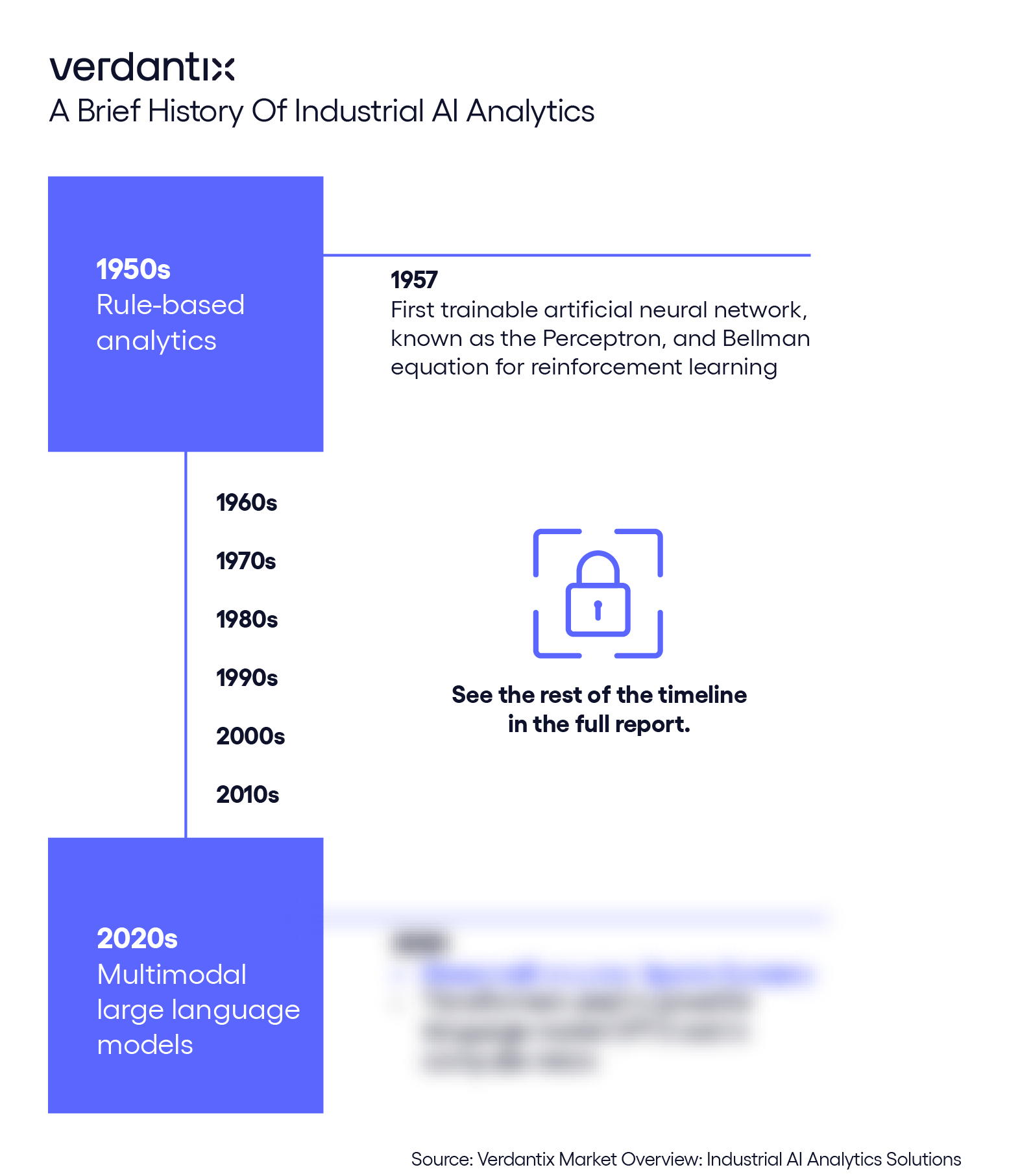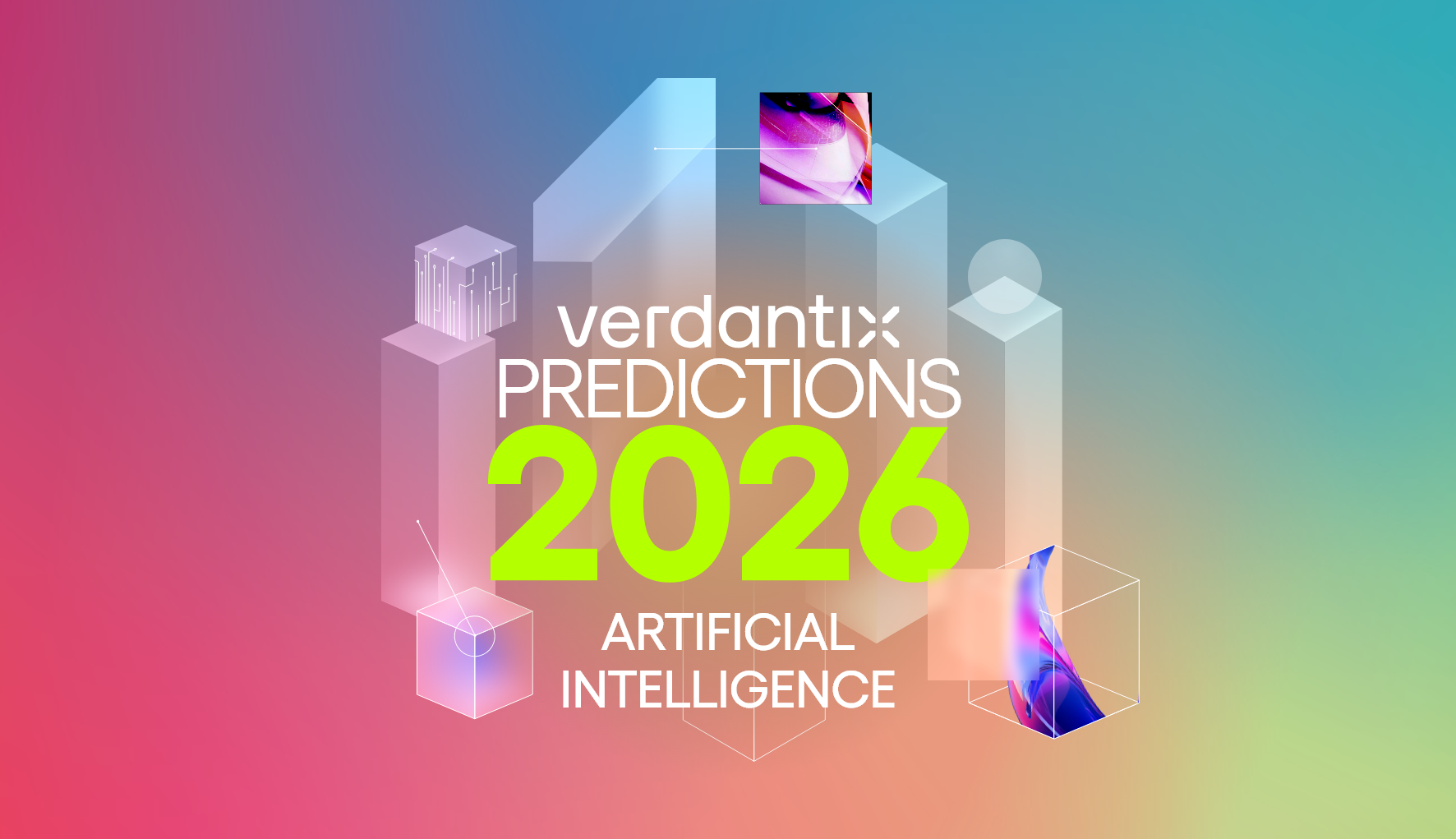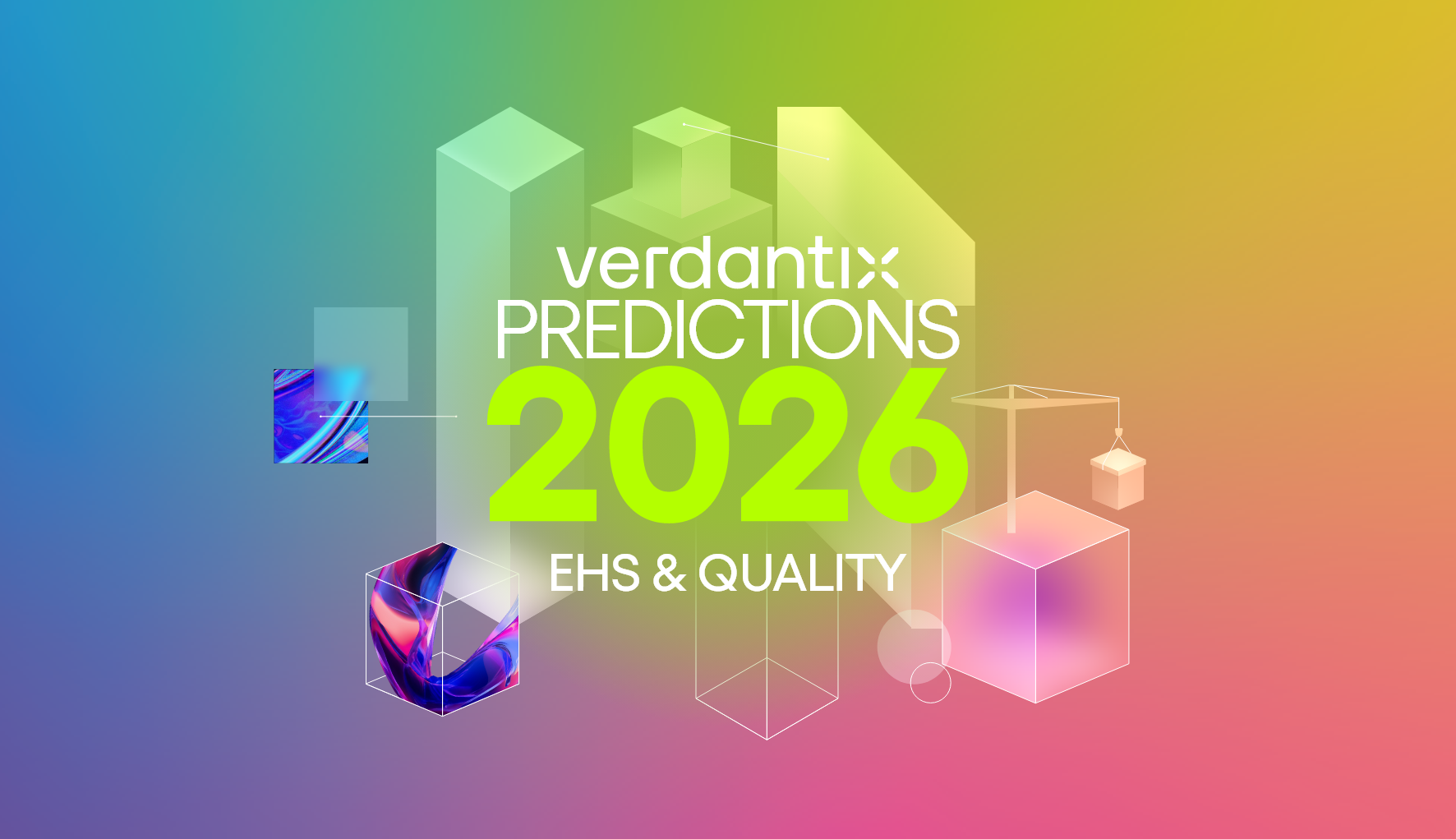Artificial Intelligence Or Artificial Confidence: What AI Actually Brings To Industrial Analytics (For Now)

Joe Lamming
Generative AI enjoyed a warm winter in the spotlight, and looks set to enjoy an even warmer summer in the sun. While hype around ChatGPT has subsided slightly – with huge investments still sinking in and the open-source AI community busily exploring use cases – industrial demonstrations and announcements continue to posit a radically transformed asset management and operational future.
Vendors such as Cognite have released compelling demonstrations, combining large language models, vector databases and DataOps platforms to provide operators with a chatbot-style interface to their industrial data. Similarly, SparkCognition announced a collaboration with Shell to deploy image-based generative AI to shorten the time required to conduct seismic surveys from nine months to just nine days.
However, despite efforts to force chatbots to ground their responses in external sources, even state-of-the-art systems such as GPT-4 and Claude will occasionally confidently misunderstand instructions or produce falsehoods. Battle-hardened, trusted generative AI solutions haven’t yet – emphasis on the yet – been deployed in the field long enough or extensively enough to disrupt the careful, change-averse heavy industrial sector. AI/ML technologies that don’t use large language models are, already, delivering compelling results in a number of valuable use cases.
Our latest report on the topic offers a comprehensive overview of the current state of and future predictions for the dynamic market of industrial AI. Specifically, it looks at the AI technologies deployed in today’s industrial facilities, how we got here, and which vendors operate in this space.
As part of an in-depth analysis of the drivers, challenges and opportunities presented to vendors in this market, we segment industrial AI analytics software providers into three distinct groups:
- Incumbent asset management software providers.
Well-established providers such as ABB, AspenTech, AVEVA and GE Digital are frequently the go-to for multinational industrial organizations. They offer decades of experience delivering complete asset management solutions to industry, vast physics-based knowledge bases, asset libraries built up through countless acquisitions, and established relationships with data and AI platform providers. - AI-first industrial analytics startups.
Less burdened with the baggage of legacy software, these nimble, data-science-heavy teams focus their efforts on developing intuitive data visualization tools, extensive integration with existing IT and OT systems, out-of-the-box solutions and low-/no-code self-service interfaces. In the past decade, the market has seen the rise of AI-first vendors such as 3d Signals, H2O.ai and QiO Technologies, which have quickly expanded their product capabilities with VC funding. - Asset management services providers.
Experienced third-party consultants with a global footprint, such as Accenture, Pinnacle Reliability and Wood, offer much of the deep systems integration knowledge of incumbent asset management services providers. But these providers are also able to compose solutions from a variety of vendors and implement reliability-centred maintenance and robust MLOps pipelines to ensure AI analytics continue to deliver ROI.
To find see where AI in industry is heading, and how 32 industrial AI analytics vendors cater to valuable use cases across asset management, production optimization, ESG and more, check out the full report Market Overview: Industrial AI Analytics Solutions and tune into our webinar Industrial AI Analytics: Market Overview Of The Game-Changers on June 14th.

About The Author

Joe Lamming
Senior Analyst




